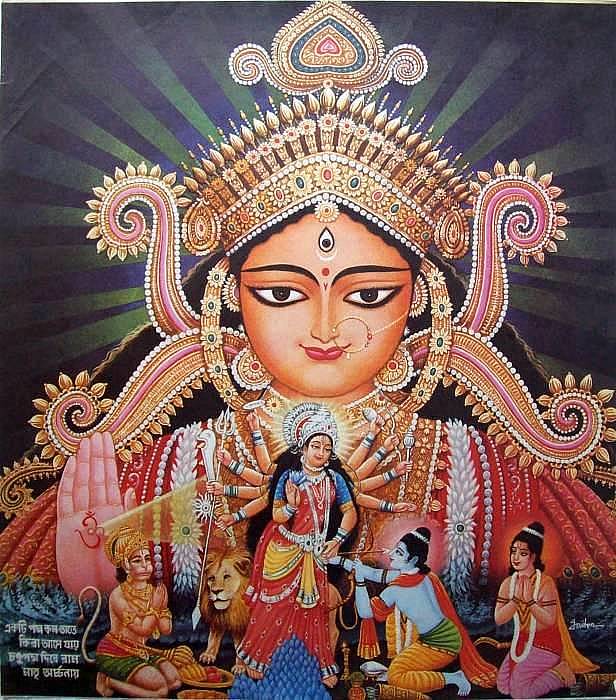FWP:
SETS
== EK; HUMOR
IDOL: {8,1}
RELIGIONS: {60,2}
What a sly and witty little verse! The first line is impossible to interpret without waiting for the second, it seems to express an entirely conventional ghazal longing. Under mushairah performance conditions, we'll be given time for the suspense to mouht, before we're allowed to hear the second line.
And then when we do, how clever it is! Hali's point is well-taken of course: to a lover, the very idea of a year's being 'good' can have only one possible meaning that's of any interest at all. The lover's wild myopia, his form of tunnel vision, is funny in itself.
But even more enjoyable is the 'energizing' of the first line: we only now suddenly realize that what looked like an entirely conventional reference to beloveds as 'idols' in the first line is actually meant literally. For who would be a better authority on the behavior of 'idols' than Brahmins, who are 'idol-worshipers' by (Muslim) definition?
The verse is also an especially effective example of the protean powers of ek . At one end of the spectrum, it could be dismissive ('a single, a sole'); in which case the lover's grasping at such straws becomes both funny and poignant. In the middle range, it could be restrictive ('a certain, a particular'), so that we enjoy the lover's reliance on his favorite, carefully groomed fortune-teller. And at the other end of the spectrum it could be lavishly complimentary ('a unique', 'an excellent'); in which case we can savor the lover's transparent flattery and naive faith.
Compare Mir's technique of divination: M{1548,1}.

Hali:
As if he is so immersed in longing for the beloved that he remains oblivious to the affairs of the world-- so much so that if a Pandit has pronounced this year good, then he considers the sole meaning of its being good to be that perhaps this year beloveds might be gracious to lovers, not that this year there would be no famine or pestilence or wars, etc. etc.
==Urdu text: Yadgar-e Ghalib, p. 159